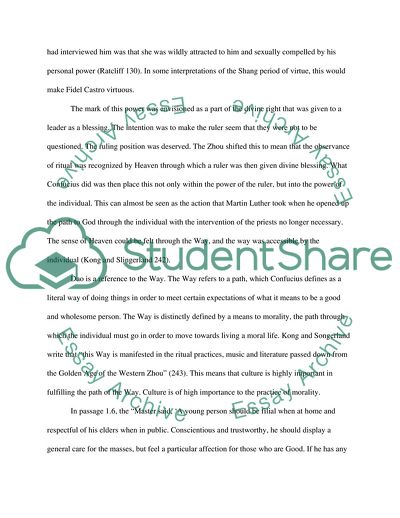Cite this document
(Virtue: Ideals and Realities Essay Example | Topics and Well Written Essays - 1750 words - 1, n.d.)
Virtue: Ideals and Realities Essay Example | Topics and Well Written Essays - 1750 words - 1. https://studentshare.org/philosophy/1793731-im-not-sure
Virtue: Ideals and Realities Essay Example | Topics and Well Written Essays - 1750 words - 1. https://studentshare.org/philosophy/1793731-im-not-sure
(Virtue: Ideals and Realities Essay Example | Topics and Well Written Essays - 1750 Words - 1)
Virtue: Ideals and Realities Essay Example | Topics and Well Written Essays - 1750 Words - 1. https://studentshare.org/philosophy/1793731-im-not-sure.
Virtue: Ideals and Realities Essay Example | Topics and Well Written Essays - 1750 Words - 1. https://studentshare.org/philosophy/1793731-im-not-sure.
“Virtue: Ideals and Realities Essay Example | Topics and Well Written Essays - 1750 Words - 1”. https://studentshare.org/philosophy/1793731-im-not-sure.


